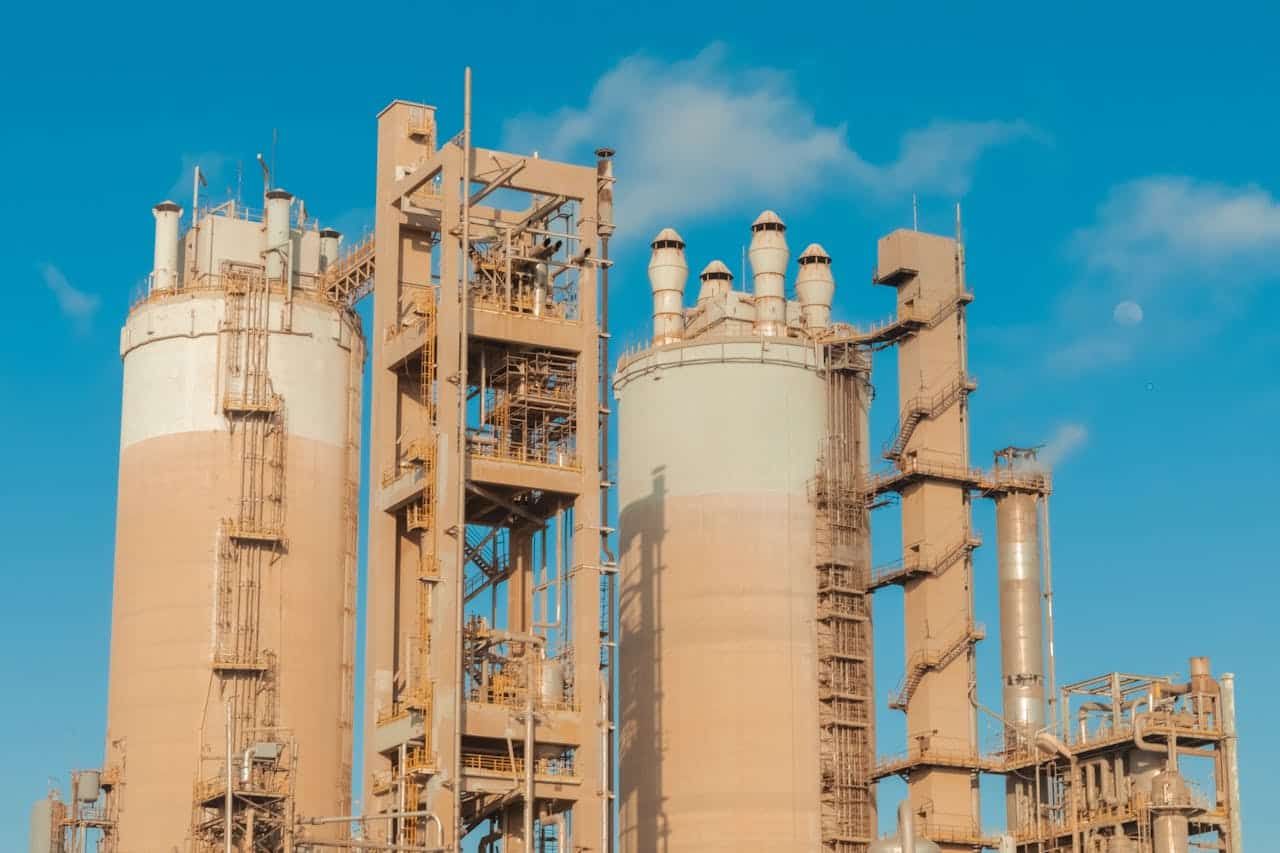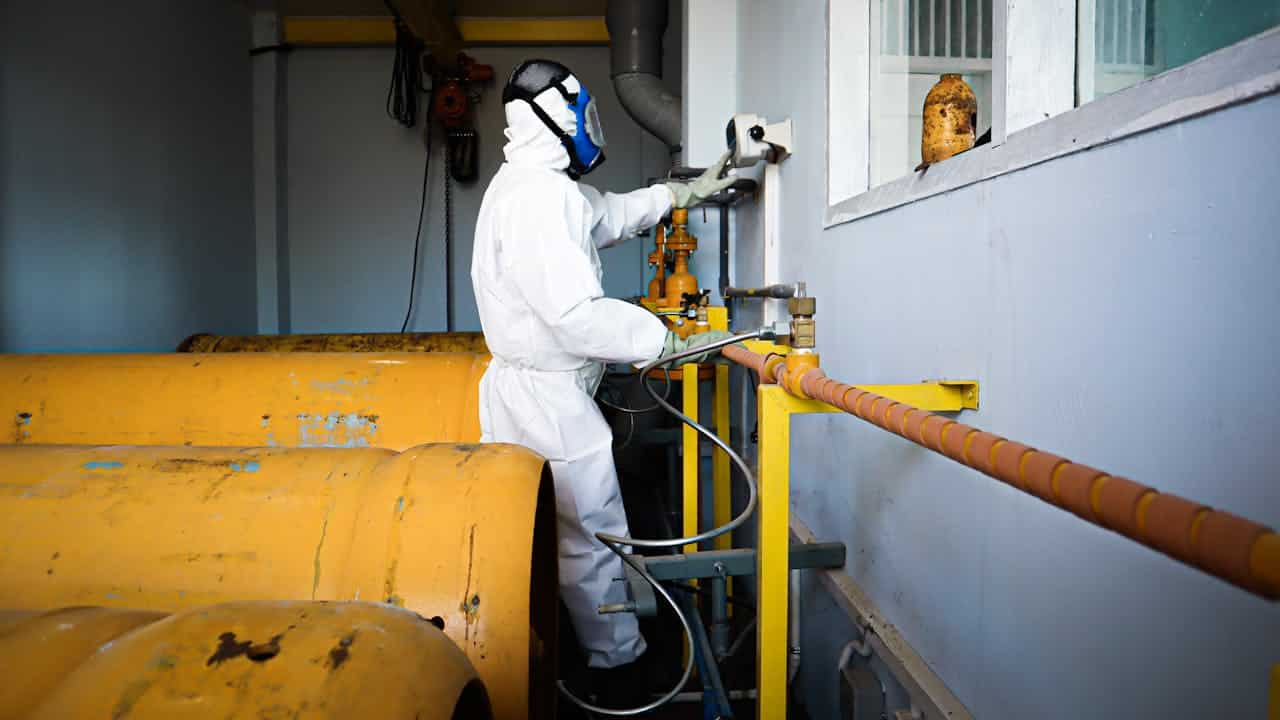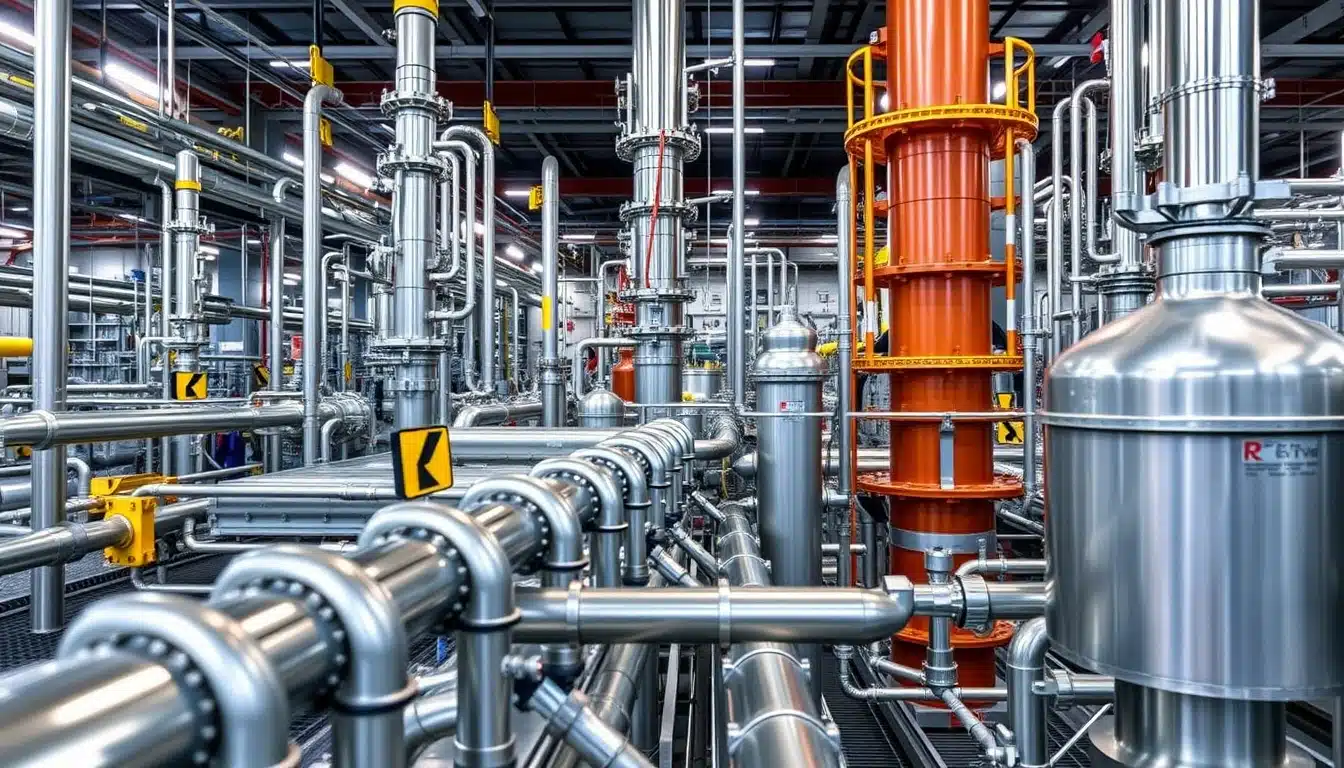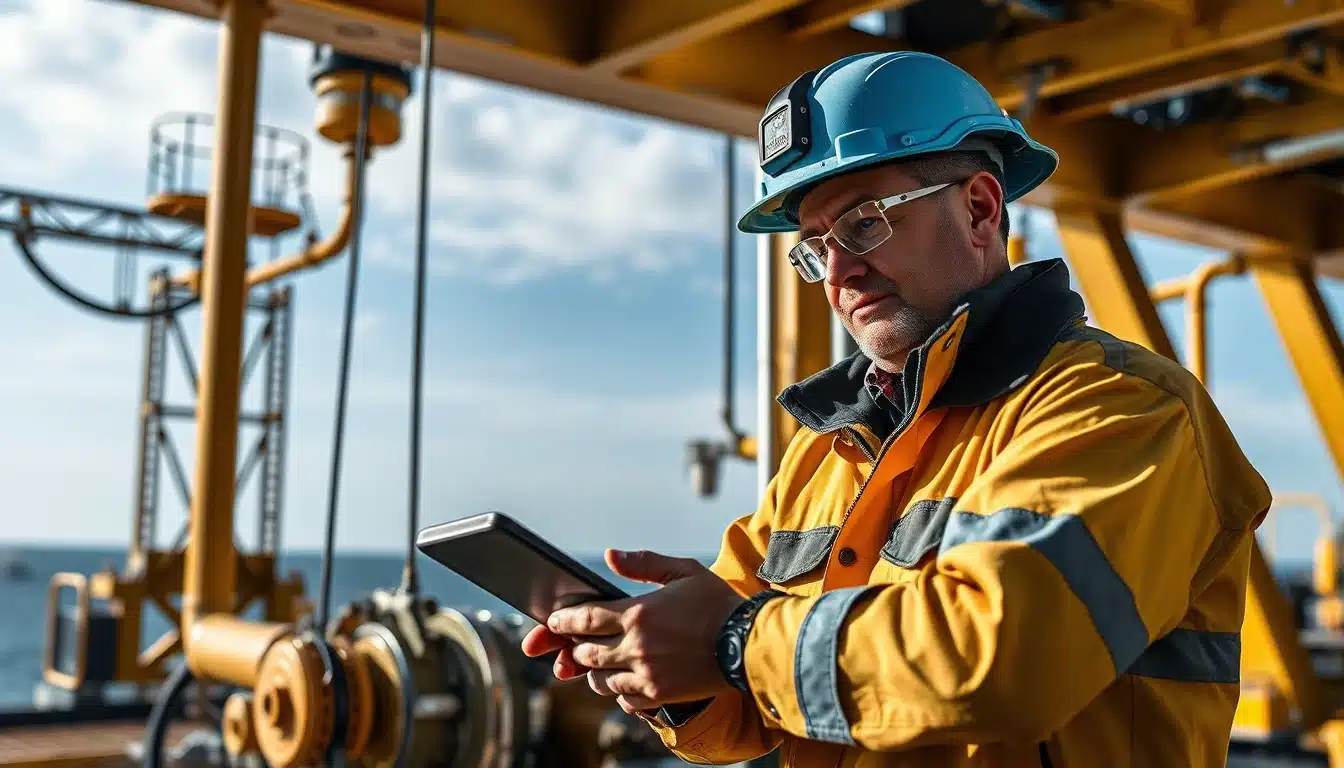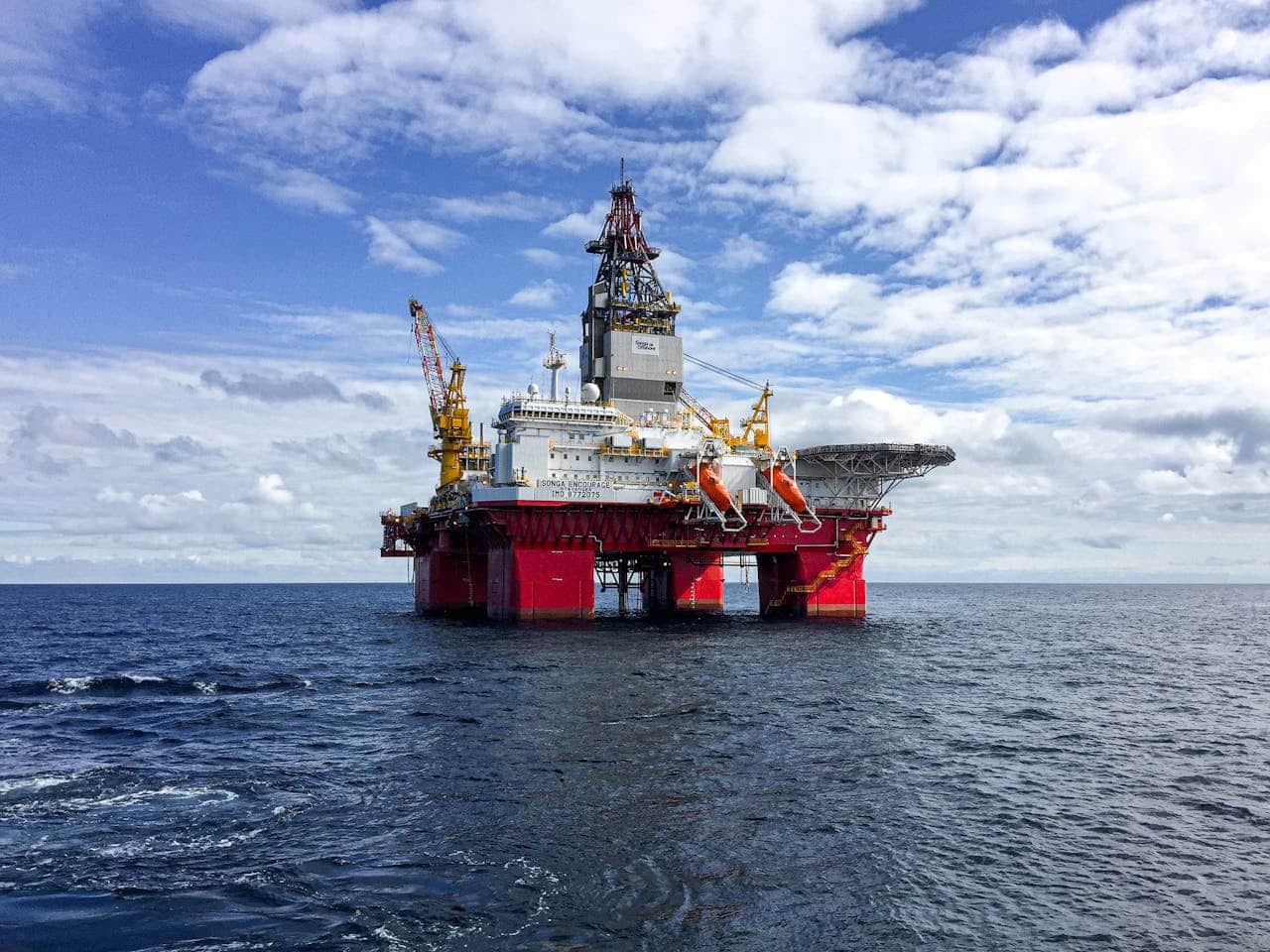Flares and Relief Systems: Design, Operation & Maintenance Training Course
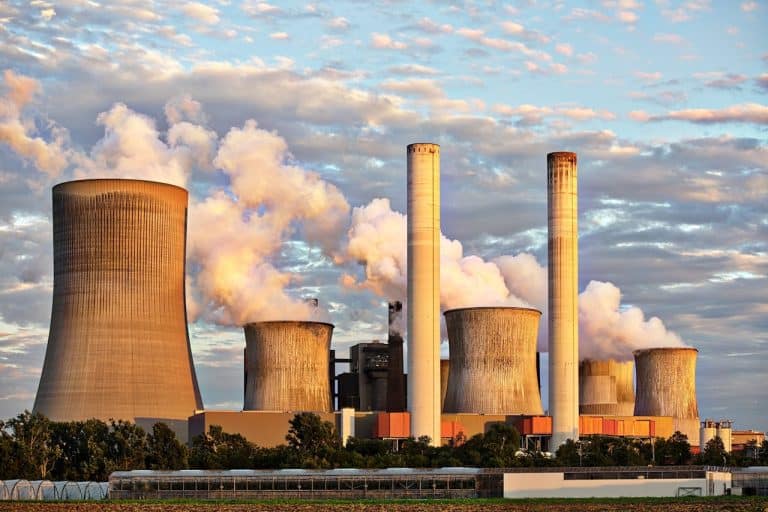
| Date | Format | Duration | Fees (USD) | Register |
|---|---|---|---|---|
| 10 Nov - 14 Nov, 2025 | Live Online | 5 Days | $3785 | Register → |
| Date | Venue | Duration | Fees (USD) | Register |
|---|---|---|---|---|
| 10 Nov - 14 Nov, 2025 | Milan | 5 Days | $6305 | Register → |
| 08 Dec - 12 Dec, 2025 | Abuja | 5 Days | $5775 | Register → |
Did you know that inadequate design and implementation account for approximately 59% of industrial flare system failures, leading to significant safety hazards and operational disruptions? This compelling statistic underscores the critical importance of proper flare and relief system management in today’s industrial environments.
Course Overview
The Flares and Relief Systems Design, Operation & Maintenance Training Course by Alpha Learning Centre is meticulously designed to equip professionals with essential skills in managing excessive pressure in industrial settings. This course focuses on critical technical considerations, design principles, operating methodologies, and maintenance strategies to ensure flare and relief systems are safe and compliant with environmental regulations.
Why Select This Training Course?
Selecting this Flares and Relief Systems Course offers numerous advantages for professionals involved in process safety, plant maintenance, and system design. Participants will gain advanced knowledge of relief valve sizing, flare header systems, and process safety engineering for relief devices. The course provides hands-on experience with state-of-the-art simulation tools and practical equipment demonstrations, enabling attendees to optimise their flare and relief system management strategies effectively.
For organisations, investing in this training enhances overall plant safety and reduces operational disruptions. By ensuring that personnel are well-trained in flare system design and relief system analysis, organisations not only protect their assets but also build sustainable practices. Research shows that companies implementing comprehensive flare and relief system strategies can achieve significant improvements in both safety performance and operational efficiency. For instance, in Ras Laffan Industrial City, Qatar, a complete overhaul of flare and relief systems resulted in a 30% reduction in flare emissions and a 25% reduction in maintenance costs.
Individuals who complete this course will benefit from enhanced career prospects as they become more valuable assets in their respective fields. The skills acquired through this training can lead to professional growth and increased responsibilities within their organisations. Studies indicate that with advanced flare and relief system knowledge, professionals can drive substantial improvements in plant safety and efficiency. For example, at the Bonny Island LNG Facility in Nigeria, the implementation of a modernised relief system design led to a 40% reduction in unscheduled maintenance events.
Transform your flare and relief system management capabilities – Register now for this critical advanced training programme.
Who is this Training Course for?
- Process safety engineers
- Plant maintenance professionals
- Reliability engineers
- Operations managers
- Safety system designers
- Petrochemical industry specialists
- Mechanical engineering professionals
- Regulatory compliance officers
What are the Training Goals?
The objectives of this training course are to enable professionals to:
- Master flare system design principles
- Develop advanced relief system strategies
- Understand complex safety mechanisms
- Analyse system performance metrics
- Implement predictive maintenance protocols
- Evaluate technological innovations
- Ensure regulatory compliance
How will this Training Course be Presented?
The Flares and Relief Systems Design, Operation & Maintenance Course employs a comprehensive and innovative approach to ensure maximum knowledge retention and skill development. Expert-led instruction from seasoned safety and engineering professionals forms the core of the course, providing up-to-date insights into modern flare and relief system technologies and practical applications for today’s industrial sector.
The course utilises a blend of theoretical lectures and practical applications, allowing participants to apply their knowledge to realistic scenarios. Advanced educational methodologies create a personalised and engaging learning journey through:
- Interactive design workshops
- Simulation-based learning
- Expert-led technical sessions
- Practical equipment demonstrations
- Case study analyses
- Virtual system modelling
- Hands-on maintenance training
Join us now and elevate your flare and relief system expertise to new heights!
Course Syllabus
Module 1: Flare System Fundamentals
- Advanced combustion mechanism analysis
- Thermodynamic system interactions
- Pressure management principles
- Material compatibility assessment
- Fluid dynamics in relief systems
- Combustion efficiency optimisation
- Safety system integration strategies
- Environmental impact considerations
- Advanced computational modelling
- Failure mode prediction techniques
- Emerging technology applications
- Regulatory compliance frameworks
Module 2: Relief Valve Technology
- Precision pressure management
- Mechanical design optimisation
- Material selection strategies
- Performance characterisation
- Advanced sealing technologies
- Computational fluid dynamics
- Reliability assessment methods
- Maintenance prediction models
- Emerging valve technologies
- Integrated safety systems
Module 3: System Design Principles
- Comprehensive hydraulic analysis
- Pressure wave propagation mechanisms
- Structural integrity assessment
- Thermal management strategies
- Flow characteristics optimisation
- Advanced simulation techniques
- Risk mitigation frameworks
- Performance prediction models
- Computational design tools
- Failure mode analysis
- Integrated safety protocols
Module 4: Operational Performance Metrics
- Real-time monitoring technologies
- Performance optimisation strategies
- Predictive maintenance algorithms
- Advanced diagnostic techniques
- Condition-based assessment methods
- Reliability centred maintenance
- Data-driven performance analysis
- Emerging sensor technologies
- Machine learning applications
- Integrated control systems
- Operational risk management
- Performance benchmarking
- Continuous improvement frameworks
Module 5: Maintenance and Reliability
- Comprehensive inspection protocols
- Diagnostic testing methodologies
- Predictive maintenance strategies
- Reliability assessment techniques
- Advanced failure analysis
- Performance optimisation
- Technology integration
- Risk management frameworks
- Emerging maintenance technologies
- Continuous improvement strategies
Module 6: Safety and Compliance
- Regulatory framework analysis
- Risk assessment methodologies
- Compliance verification protocols
- Safety system design principles
- Performance standards evaluation
- Incident prevention strategies
- Advanced monitoring technologies
- Emerging safety innovations
- Integrated safety management
- Continuous improvement frameworks
Module 7: Environmental Considerations
- Emissions management strategies
- Environmental impact assessment
- Sustainable design principles
- Advanced combustion technologies
- Pollution control mechanisms
- Performance optimisation
- Regulatory compliance
- Emerging green technologies
- Integrated environmental management
Module 8: Advanced Computational Modelling
- Simulation technology applications
- Computational fluid dynamics
- Performance prediction models
- Advanced design optimisation
- Risk assessment techniques
- Emerging modelling technologies
- Integrated analysis frameworks
Module 9: Emerging Technologies
- Digital twin applications
- Artificial intelligence integration
- Advanced sensor technologies
- Predictive maintenance systems
- Performance optimisation
- Technological innovation
- Integrated system design
- Emerging industry trends
Module 10: Practical Implementation
- Design optimisation strategies
- Performance assessment techniques
- Maintenance protocol development
- Risk mitigation frameworks
- Technology integration
- Operational excellence
- Safety system design
- Compliance verification
- Performance benchmarking
- Continuous improvement
- Advanced implementation strategies
Module 11: Advanced Diagnostic Techniques
- Vibration analysis methodologies
- Acoustic emission monitoring
- Thermal imaging technologies
- Spectroscopic diagnostic tools
- Non-destructive testing protocols
- Advanced sensor integration
- Machine learning diagnostics
- Predictive failure modelling
- Real-time performance assessment
Module 12: Risk Management Strategies
- Comprehensive hazard identification
- Probabilistic risk assessment
- Failure mode analysis
- Safety critical element management
- Quantitative risk evaluation
- Scenario planning techniques
- Emergency response protocols
- Mitigation strategy development
- Technology risk integration
- Continuous improvement frameworks
Module 13: Digital Transformation
- Industrial IoT implementation
- Artificial intelligence applications
- Advanced data analytics
- Predictive maintenance platforms
- Cybersecurity integration
- Smart monitoring systems
- Performance optimisation
- Technology governance
- Emerging digital technologies
Module 14: Specialised System Design
- High-pressure system engineering
- Cryogenic relief mechanisms
- Corrosive environment solutions
- Extreme temperature applications
- Specialised material selection
- Advanced sealing technologies
- Performance optimisation
- Critical service considerations
- Emerging design methodologies
- Integrated system approaches
Module 15: Performance Optimization
- Advanced computational techniques
- Efficiency enhancement strategies
- Energy recovery mechanisms
- System integration approaches
- Performance benchmarking
- Continuous improvement protocols
- Technology optimisation
- Advanced design methodologies
- Emerging performance technologies
Module 16: Global Best Practices
- International safety standards
- Cross-industry knowledge transfer
- Performance benchmarking
- Regulatory compliance strategies
- Technology adaptation
- Global design principles
- Emerging industry trends
- Integrated management approaches
- Continuous learning frameworks
Training Impact
The impact of flare and relief system training is evident through various real-world case studies and data, which demonstrate the effectiveness of structured programmes in enhancing safety performance and operational efficiency.
Research indicates that organisations implementing structured flare and relief system training programmes have demonstrated measurable benefits in both safety improvements and cost reduction. A case study from Ras Laffan Industrial City, Qatar, showed that a comprehensive overhaul of flare and relief systems led to a 30% reduction in flare emissions and a 25% reduction in maintenance costs.
These case studies highlight the tangible benefits of implementing advanced flare and relief system techniques:
- Improved safety performance through enhanced system design and operation
- Reduced maintenance costs and operational disruptions
- Increased compliance with environmental regulations
- Enhanced operational efficiency through optimised relief system design
By investing in this advanced training, organisations can expect to see:
- Significant improvement in flare and relief system performance indicators
- Improved ability to handle complex pressure management scenarios
- Enhanced decision-making capabilities in system design and maintenance
- Increased competitiveness through comprehensive flare and relief system strategies
Transform your career and organisational performance – Enrol now to master Flares and Relief Systems Design, Operation & Maintenance!

